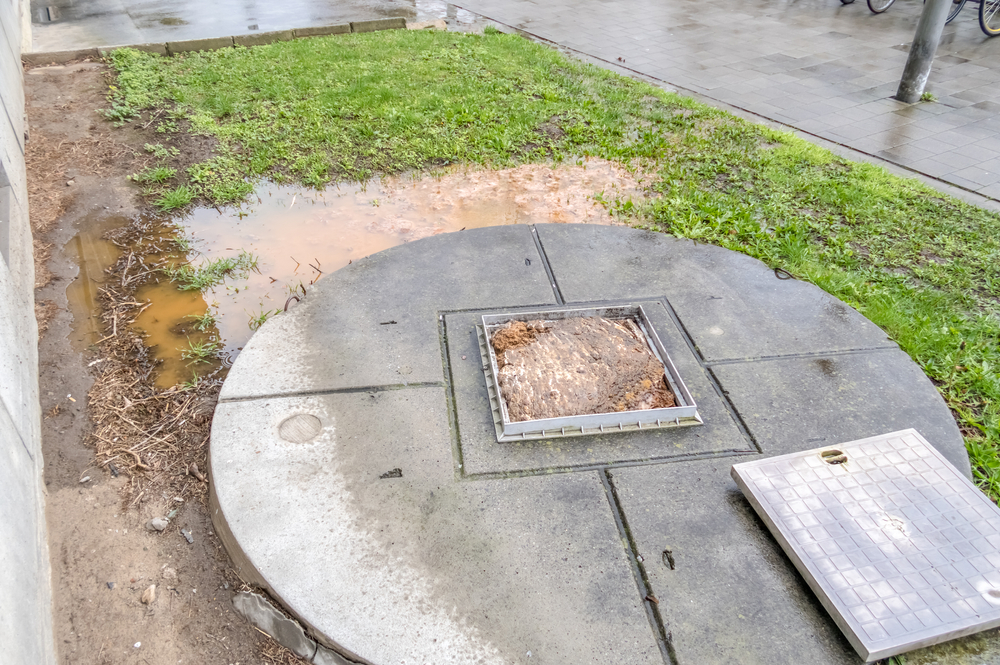

A septic system is a vital component of many homes, especially those located in rural areas. When properly maintained, it effectively treats and disposes of household wastewater. However, septic system failures can cause significant inconvenience and potentially lead to costly repairs. Understanding why your septic system might be failing and recognizing the signs early can help you address issues before they escalate. In this blog, we’ll explore common reasons behind septic system failures and the signs you should look out for.
Common Reasons for Septic System Failure
1. Lack of Maintenance
One of the most common reasons for septic system failure is neglect. Regular maintenance is crucial to keep your system functioning properly. Over time, sludge and scum accumulate in the septic tank. If the tank is not pumped out regularly, this buildup can lead to clogs and backups. It’s generally recommended to have your septic tank inspected and pumped every 3-5 years, but this can vary depending on your household size and system usage.
2. Excessive Water Usage
High water usage can overwhelm your septic system, causing it to fail. When too much water enters the system at once, it can lead to the tank overflowing or the drain field becoming saturated. This is often seen in households with high water use, such as those with multiple bathrooms, washing machines, or dishwashers. Fixing leaks, installing low-flow fixtures, and spreading out water usage can help mitigate this problem.
3. Improper Waste Disposal
Your septic system is designed to handle specific types of waste. Flushing non-biodegradable items like wipes, sanitary products, or chemicals can cause clogs and damage. These items do not break down in the septic tank and can lead to blockages in the system. Additionally, using excessive amounts of bleach or other cleaning agents can kill the beneficial bacteria needed for waste breakdown.
4. Tree Roots and Soil Issues
Tree roots can pose a significant threat to your septic system. Roots are attracted to the moisture in the drain field and can infiltrate the pipes, causing blockages and damage. Similarly, soil problems can affect the efficiency of your system. Compacted soil or soil with poor drainage can prevent wastewater from being properly filtered, leading to system failure.
5. System Design and Installation Problems
Poor design or installation of your septic system can lead to long-term issues. A system that is too small for the household size, or installed improperly, can fail to handle the wastewater effectively. It’s important to ensure that your septic system is designed and installed by a qualified professional who considers factors like soil type, system size, and local regulations.
Signs of Septic System Failure
Recognizing the signs of septic system failure early can save you from more severe problems and expensive repairs. Here are some common indicators:
1. Foul Odors
One of the most noticeable signs of septic system failure is a strong, unpleasant odor. If you smell sewage in your yard or around your home, it could indicate that your septic system is not working properly. Odors can come from a failing drain field or a full septic tank that needs to be pumped.
2. Slow Drains
If you notice that your sinks, showers, or toilets are draining slowly, it could be a sign of a septic problem. Slow drains may result from a clogged septic tank or drain field. If this issue persists despite attempts to clear the drains, it may be time to inspect your septic system.
3. Water Pooling
Pooling water or soggy areas in your yard, particularly near the drain field, can indicate septic system failure. When the system becomes overloaded or the drain field is saturated, wastewater can surface and create puddles. This can lead to unpleasant smells and potential health hazards.
4. Gurgling Sounds
Gurgling noises from your plumbing fixtures can be a sign that your septic system is failing. These sounds often occur when air bubbles are trapped in the pipes due to clogs or blockages. If you hear gurgling sounds, it’s essential to check your septic system to identify any potential issues.
5. Lush Vegetation
While a green lawn is usually a good sign, excessive greenery in specific areas, particularly above the drain field, can indicate a problem. If the grass is unusually lush and vibrant in certain spots, it might be due to excess nutrients from a failing septic system.
Conclusion
Understanding why your septic system might be failing and recognizing the signs early can help you take prompt action to address the issue. Regular maintenance, careful waste disposal, and awareness of potential system problems are key to keeping your septic system in good working order. If you suspect a problem with your septic system, consulting with a professional can help diagnose and resolve the issue before it leads to more significant and costly problems.
Need Septic Contractors in Bethel, OH?
Gullett Sanitation Services, Inc. offers mobile de-watering of sludge and slurries in and around Bethel, OH, utilizing Roediger belt filter presses, as well as services and repairs on all major brands of home aeration systems. We also work with jet aeration and cleaning for sewer system lines (up to 8 inches in diameter), permits and consultation for biosolids, the transportation of non-hazardous wastewater, sludge removal from all types of waste lagoons, service and repairs on residential sewer systems, and the removal of grit, rags, and debris from anaerobic or aerobic digesters. Give us a call today and let us be your septic and dewatering service in Ohio!
